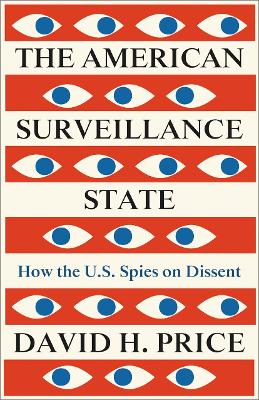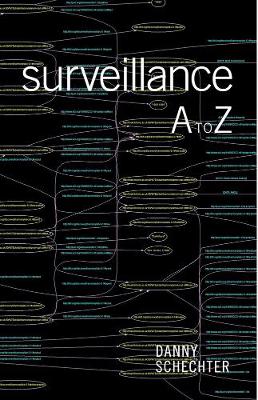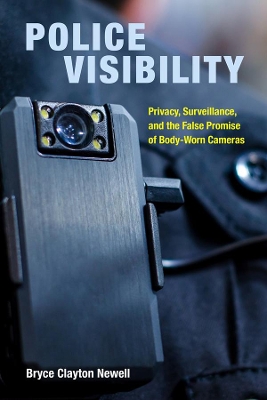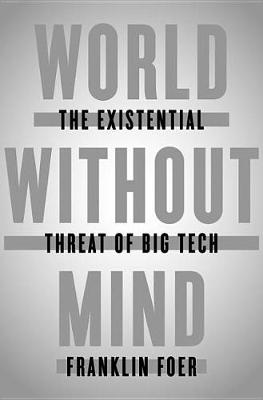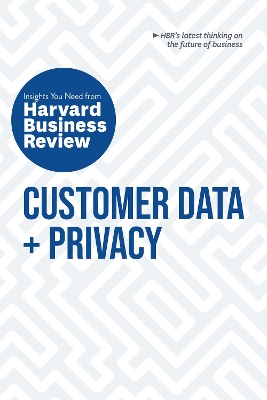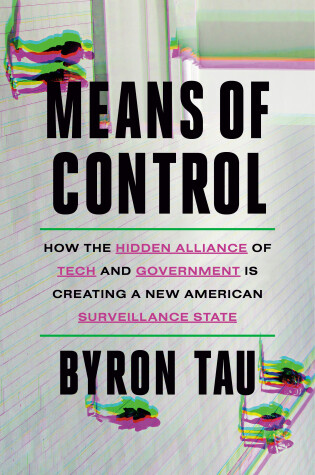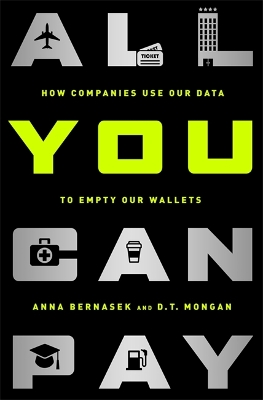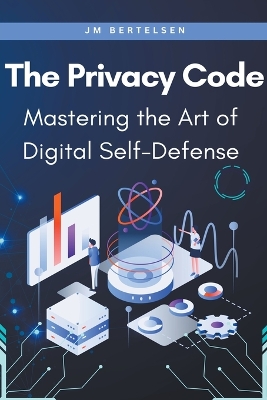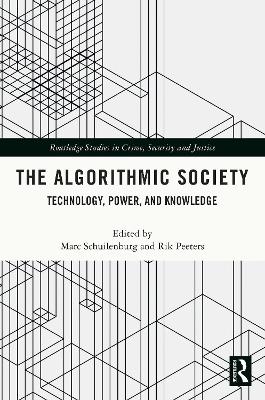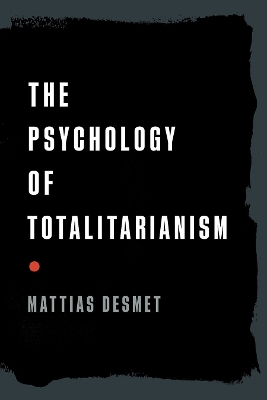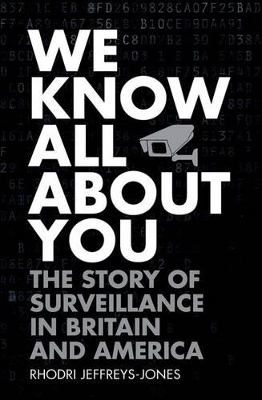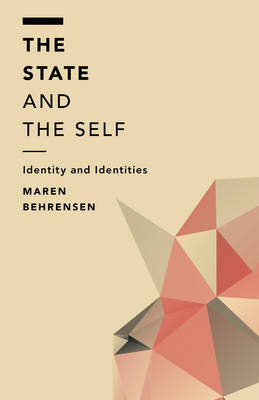When the possibility of wiretapping first became known to Americans they were outraged. Now, in our post 9/11 world, it’s accepted that corporations are vested with human rights, and government agencies and corporations use computers to monitor our private lives. David H. Price pulls back the curtain to reveal how the FBI and other government agencies have always functioned as the secret police of American capitalism up to today, where they luxuriate in a near-limitless NSA surveillance of all....
A behind-the-scenes look at how digital surveillance is affecting the trucking way of lifeLong-haul truckers are the backbone of the American economy, transporting goods under grueling conditions and immense economic pressure. Truckers have long valued the day-to-day independence of their work, sharing a strong occupational identity rooted in a tradition of autonomy. Yet these workers increasingly find themselves under many watchful eyes. Data Driven examines how digital surveillance is upending...
Police Visibility presents empirically grounded research into how police officers experience and manage the information politics of surveillance and visibility generated by the introduction of body cameras into their daily routines and the increasingly common experience of being recorded by civilian bystanders. Newell elucidates how these activities intersect with privacy, free speech, and access to information law and argues that rather than being emancipatory systems of police oversight, body-...
Presents a comprehensive history of the evolution of free speech in America over the last century.
Over the past few decades there has been a revolution in terms of who controls knowledge and information. This rapid change has imperilled the way we think. Without pausing to consider the cost, the world has rushed to embrace the products and services of four titanic corporations. We shop with Amazon; socialise on Facebook; turn to Apple for entertainment; and rely on Google for information. These firms sell their efficiency and purport to make the world a better place, but what they have done...
"No single invention of the last half century has changed the way we live now as much as the Internet. Alexander Klimburg was a member of the generation for whom it was a utopian ideal turned reality: a place where ideas, information, and knowledge could be shared and new freedoms found and enjoyed.Two decades later, the future isn't so bright any more: increasingly, the Internet is used as a weapon and a means of domination by states eager to exploit or curtail global connectivity in order to f...
Customer Data and Privacy: The Insights You Need from Harvard Business Review (HBR Insights)
by Harvard Business Review
Collect data and build trust. With the rise of data science and machine learning, companies are awash in customer data and powerful new ways to gain insight from that data. But in the absence of regulation and clear guidelines from most federal or state governments, it's difficult for companies to understand what qualifies as reasonable use and then determine how to act in the best interest of their customers. How do they build, not erode, trust? Customer Data and Privacy: The Insights You Nee...
You are being surveilled right now. This “startling exposé” (The Economist) reveals how the U.S. government allied with data brokers, tech companies, and advertisers to monitor us through the phones we carry and the devices in our home. “A revealing . . . startling . . . timely . . . fascinating, sometimes terrifying examination of the decline of privacy in the digital age.”—Kirkus Reviews SHORTLISTED FOR THE SABEW BEST IN BUSINESS AWARD “That evening, I was given a glimpse inside a hidden wo...
Todo El Mundo Miente (Narración En Castellano)
by Seth Stephens-Davidowitz
You don't care who can access your data because you have nothing to hide. But what if corporations were using that data to control your decisions?As millions of consumers carry on unaware, powerful corporations race to collect more and more data about our behaviours, needs, and desires. This massive trove of data represents one of the most valuable assets on the planet.In All You Can Pay , Anna Bernasek and D. T. Mongan show how companies use what they know about you to determine how much you a...
The book Approaches to Death and Dying: Bioethical and Cultural Perspectives, edited by Marta Szabat and Jan Piasecki, is part of a still too narrow catalogue of works devoted to end-of-life themes. The volume consists of eleven articles arranged in four parts corresponding to a broad range of issues: law, ethics, philosophy, and cultural studies. The arrangement of the book is thus constructed around various perspectives upon which any reflection on death and dying must be based. This is perhap...
The Algorithmic Society (Routledge Studies in Crime, Security and Justice)
We live in an algorithmic society. Algorithms have become the main mediator through which power is enacted in our society. This book brings together three academic fields – Public Administration, Criminal Justice and Urban Governance – into a single conceptual framework, and offers a broad cultural-political analysis, addressing critical and ethical issues of algorithms. Governments are increasingly turning towards algorithms to predict criminality, deliver public services, allocate resources,...
Peligros y desafíos de la Inteligencia Artificial
by Silvestre Hernández
With thorough analysis and balanced reporting, Ghost Guns: Hobbyists, Hackers, and the Homemade Weapons Revolution is an essential resource for readers seeking to understand the rise of homemade firearms and future options for managing them. For more than a century, strict gun control was possible because firearms were produced in centralized industrial factories. Today, the Fourth Industrial Revolution, combining old and new technologies, threatens to upend this arrangement. An increasing numb...
‘The most important book of 2022.’ Dr. Robert Malone Desmet’s work on mass formation theory was brought to the world’s attention on The Joe Rogan Experience and in major alternative news outlets around the globe. Read this book to get beyond the sound bites! In The Psychology of Totalitarianism, world-renowned Professor of Clinical Psychology Mattias Desmet deconstructs the societal conditions that allow collective hypnosis to take hold. By analysing the global pandemic, he identifies the phen...
We Know All About You shows how bulk spying came of age in the nineteenth century, and supplies the first overarching narrative and interpretation of what has happened since, covering the agencies, programs, personalities, technology, leaks, criticisms and reform. Concentrating on America and Britain, it delves into the roles of credit agencies, private detectives, and phone-hacking journalists as well as government agencies like the NSA and GCHQ, and highlights malpractices such as the blacklis...
The State and the Self (Off the Fence: Morality, Politics and Society)
by Maren Behrensen
In this fascinating and timely book, Maren Behrensen facilitates a conversation between philosophy and the 'practitioners' of identity. What makes a person the same person over time? This question has been studied throughout the history of philosophy. Yet philosophers have never fully engaged with the 'practitioners' of identity, namely technology developers, lawyers, politicians, sociologists and applied ethicists. The book offers an answer to the metaphysical question of personal identity and...
